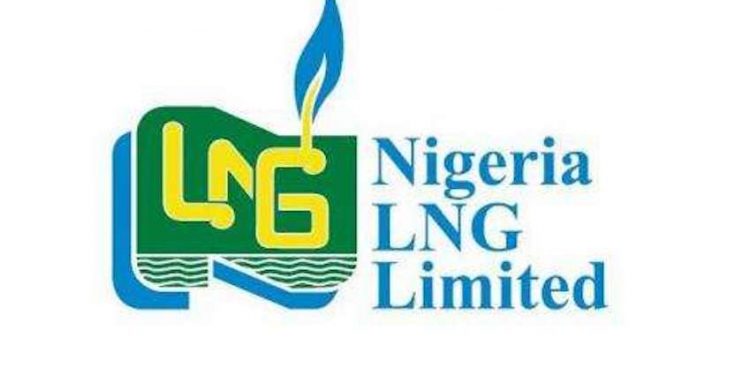Nigeria’s liquefied natural gas production could see a 12 per cent boost following a new agreement between the Nigerian Liquefied Natural Gas (NLNG) company and Seplat Energy, which recently acquired Mobil Producing Nigeria Unlimited. This development is expected to bring relief to NLNG’s operations, which have been hampered by persistent pipeline vandalism and fuel theft.
Under a preliminary deal, Seplat is set to supply over 150,000 tons of gas monthly to NLNG, according to the Managing Director of ANOH Gas Processing Company, a Seplat subsidiary. This marks only the second time that NLNG, a joint venture involving the Nigerian government, Shell, TotalEnergies, and Eni, will receive gas from a third party.
The increase in gas flow could begin as early as the third quarter of the year, as both parties finalize technical and commercial terms. Seplat’s gas production has surged by 50 per cent following its acquisition of assets from ExxonMobil’s Nigerian operations. The agreement could also generate long-awaited revenue for Seplat’s $700 million ANOH gas plant, which has remained idle due to delays in the completion of a key pipeline intended to transport its output.
Analysts view the deal as mutually beneficial. While it enables Seplat to temporarily bypass infrastructure delays, it also provides NLNG with a critical lifeline to maintain operations disrupted by criminal activities targeting gas pipelines. The agreement is intended to be a short-term solution until the east-west pipeline is completed.
Meanwhile, in another setback for Nigeria’s energy infrastructure, Renaissance Africa Energy Company Limited has suspended oil shipments through its Okordia-Rumuekpe pipeline in Rivers State after a spill was detected early Monday. The leak occurred in the Ikata community and was initially identified by local environmental volunteers.
Renaissance, which took over Shell’s former onshore subsidiary and operates the pipeline, halted crude oil flow and is now working with government regulators and the local community to investigate the cause. While the company has not confirmed the extent of the damage, environmental advocates suspect third-party interference, noting that oil has spread across the surrounding area.
Incidents like this continue to plague the Niger Delta region, where oil spills and sabotage have long disrupted production, harmed local livelihoods, and degraded ecosystems.










